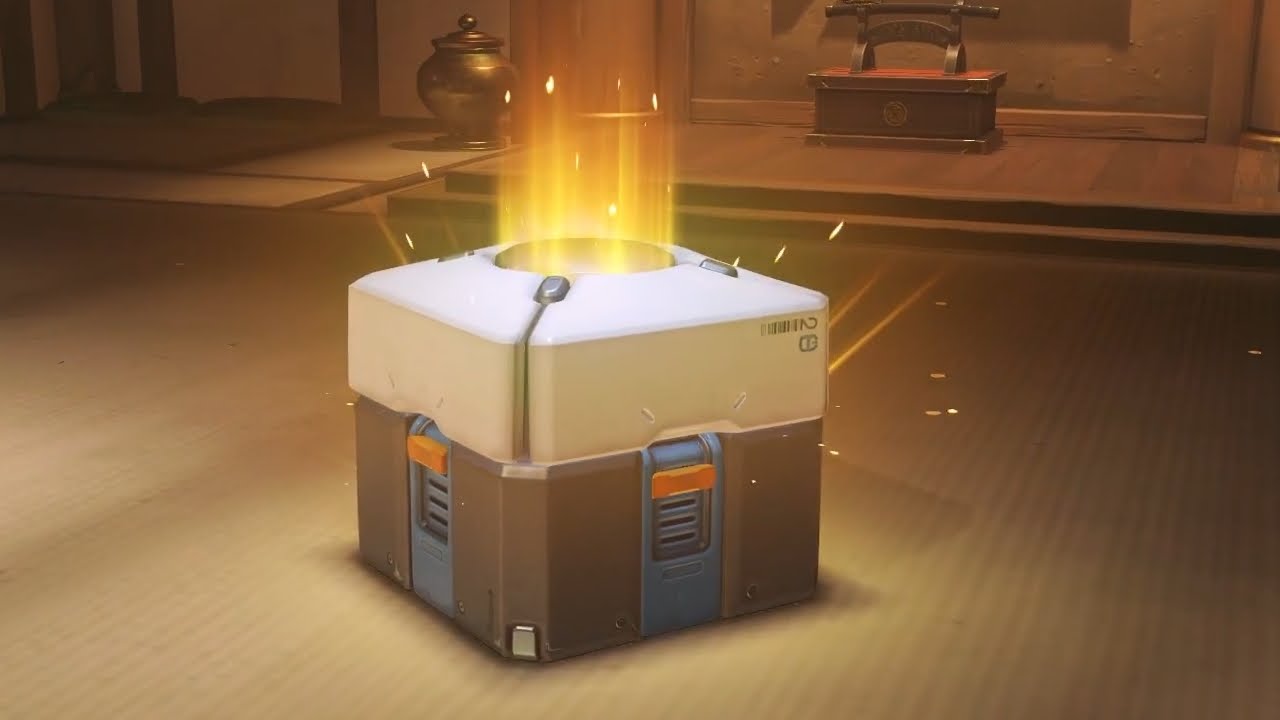Mircrotransactions and DLC have tripled the value of the game industry
Surprise: loot boxes make loads of cash.

While games as a service doesn’t have the best of reputations, contributing to countless debates over DLC, season passes and, most recently, loot boxes, a recent study reveals that a lot of us have eagerly bought into the model, and as a result, the value of the industry has tripled.
Monetisation services company Digital River recently published a report titled ‘Defend Your Kingdom: What Game Publishers Need to Know About Monetization & Fraud’ which found that even premium games—as in not free-to-play—benefited significantly from DLC and microtransactions.
“In 2016, a quarter of all digital revenue from PC games with an upfront cost came from additional content,” the report reads. Though it also notes that consumers now expect more for less, and the model has been a reaction to that.
"Consumers are less willing to pay $60 for a boxed game and instead choose titles with a steady stream of new content," the report said. "Publishers seek to meet these expectations and have adopted a 'games as a service' model, releasing fewer titles over time while keeping players engaged longer with regular updates and add-ons."
As players are turned into long-term customers, buying loot crates and expansions instead of splashing out on the occasional expensive game, revenue per user is expected to grow twice as fast as the rest of the market, explains the report.
You can read the full report, which also explores the impact of fraud and key resellers, here.
Cheers, GamesIndustry.biz
Keep up to date with the most important stories and the best deals, as picked by the PC Gamer team.

Fraser is the UK online editor and has actually met The Internet in person. With over a decade of experience, he's been around the block a few times, serving as a freelancer, news editor and prolific reviewer. Strategy games have been a 30-year-long obsession, from tiny RTSs to sprawling political sims, and he never turns down the chance to rave about Total War or Crusader Kings. He's also been known to set up shop in the latest MMO and likes to wind down with an endlessly deep, systemic RPG. These days, when he's not editing, he can usually be found writing features that are 1,000 words too long or talking about his dog.

